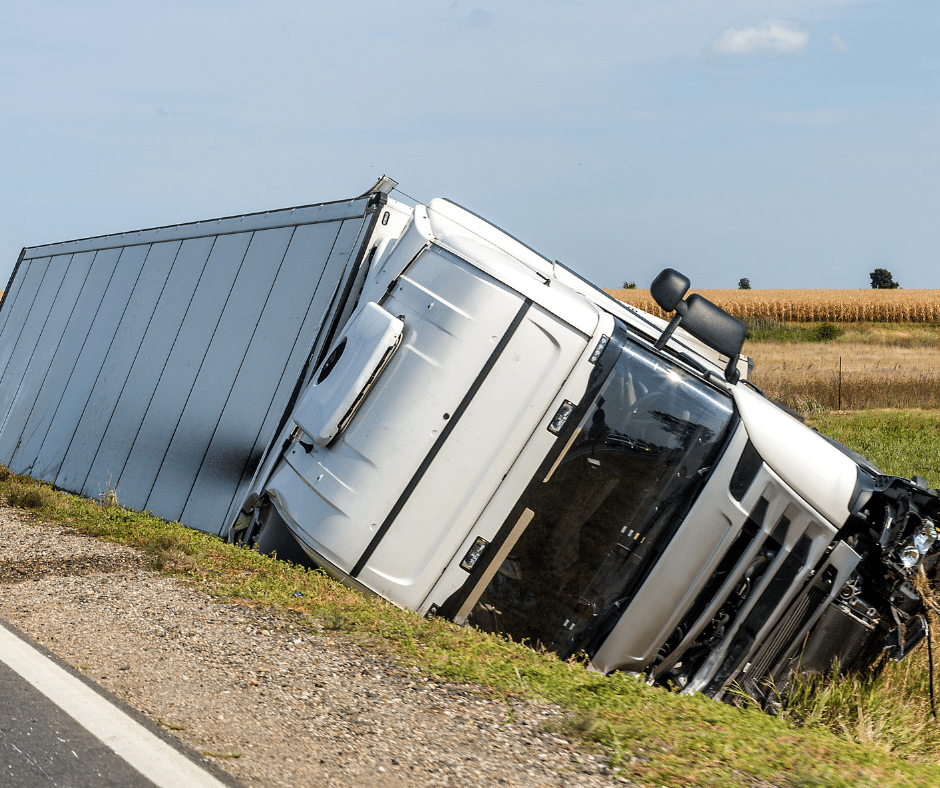
Carla Pinto
“New York is a no fault state which means that an injured person in a car accident will be compensated for their medical treatment, those medical bills will be billed directly to their insurance carrier and the doctors will receive those checks.”
- Medical Bills After Personal Injury Accidents: Personal injury accidents can result in substantial medical bills, including ambulance fees and emergency surgeries, creating financial burdens for victims.
- New York’s No-Fault Car Insurance System: New York operates under a no-fault car insurance system, where each party involved in an auto accident seeks reimbursement for medical bills and property damages from their own insurance company, regardless of fault.
- Settlement Process: If an insurance claim is accepted, the settlement check is typically issued to the victim. However, the victim is responsible for providing the hospital with insurance information and paying off medical bills, even though the settlement check may be made out to both the victim and the hospital.
- Acceptable Insurance Forms: Hospitals may only accept certain forms of insurance, so it’s crucial for victims to coordinate with the hospital and their insurance company to ensure bills are paid properly.
- Car Insurance Companies and Medical Bills: Typically, hospitals directly contact the victim’s insurance provider to settle medical bills. However, if the accident was not the victim’s fault, the other party’s insurance company may cover the bills.
- Personal Injury Lawsuits: In cases involving serious injuries or accidents not covered by the no-fault system, victims may file personal injury lawsuits to seek compensation. Settlements or judgments from these lawsuits are typically paid to the victim and may cover medical expenses, among other damages.
- Role of an Attorney: An experienced Meirowitz & Wasserberg lawyer can assist in navigating the insurance claims process, negotiating settlements, and ensuring timely payment of medical bills, especially in cases involving personal injury lawsuits.
Personal injury accidents can cause thousands of dollars in medical bills, with charges ranging from ambulance fees to emergency surgeries. You need the medical care, yet who will pay the bill? Most often, the hospital will contact your insurance company directly. If you were not at fault, however, the other person’s insurance company may pay the bill. Who receives the insurance check will depend on the measures you take to secure compensation for your damages.
New York’s No-Fault Car Accident Law
New York is one of 13 no-fault car insurance states. After an auto accident, all involved parties will seek medical bill reimbursement and payment for property damages from their own vehicle insurance companies, regardless of who was at fault. Each injured party will file claims with their auto insurance companies, and wait for the company to come back with an acceptance and settlement offer or claim denial. The auto insurance company will negotiate with the claimant to come to an agreement, after investigating the accident and claim.
If the insurance company accepts the claim and the claimant agrees to a settlement, it will release the settlement check to the victim. The auto insurance company will not send the payment directly to the hospital. It is up to the victim to provide the hospital with the information on the auto policy and medical bill coverage. The hospital will then bill the auto insurance carrier. The settlement check will go to the victim, but will typically be made out to both the victim and the hospital. It is up to the victim to use the money to pay for medical bills.
Most hospitals will only accept certain forms of insurance, to prevent patients from failing to pay their bills with the settlement check. If the insurance company only makes a check payable to the victim, the hospital may not accept that type of insurance. Thus, while the auto insurance company will send the medical bill check to you, it will have the hospital’s name on it, and it will be up to you to use the insurance check to pay off your medical debts. Your process will differ, however, if you have grounds to file a claim against the at-fault party outside of the state’s no-fault car insurance system.
Do Car Insurance Companies Pay Medical Bills Directly?
Typically, in cases where you have car insurance, the hospital will directly reach out to your insurance provider to settle the medical bills. However, if the accident was not your fault, the other person’s insurance company might assume responsibility for paying the bill.
Personal Injury Lawsuits and Insurance Checks
Personal injury accidents that do not involve car accidents, as well as car accidents that cause serious injuries, can lead to civil lawsuits in the state of New York. A serious injury in the eyes of the law is one that meets a certain threshold. If a car accident injury causes death, significant disfigurement, dismemberment, permanent damage to a body organ or function, or bone fractures, the victim will have grounds to file a lawsuit outside of the no-fault insurance system.
A victim may also have this right in accidents that do not involve a car crash. A successful personal injury lawsuit could end in an insurance settlement or a jury verdict. Either way, any compensation for medical bills will come in the form of a check written to the person who filed the claim. A settlement or judgment check will typically come in the mail within two weeks of the finalizing of the case. Note, however, that delays will occur if the defendant files an appeal of a judgment.
After the completion of a lawsuit, the claimant’s lawyer will allocate portions of the final settlement or verdict to the appropriate parties. This can include the hospital, attorney’s fees, court costs, property damages, and other debts that accrued because of the injury. Trusting a New York City car accident lawyer with these processes can ensure the timely payment of medical bills.





